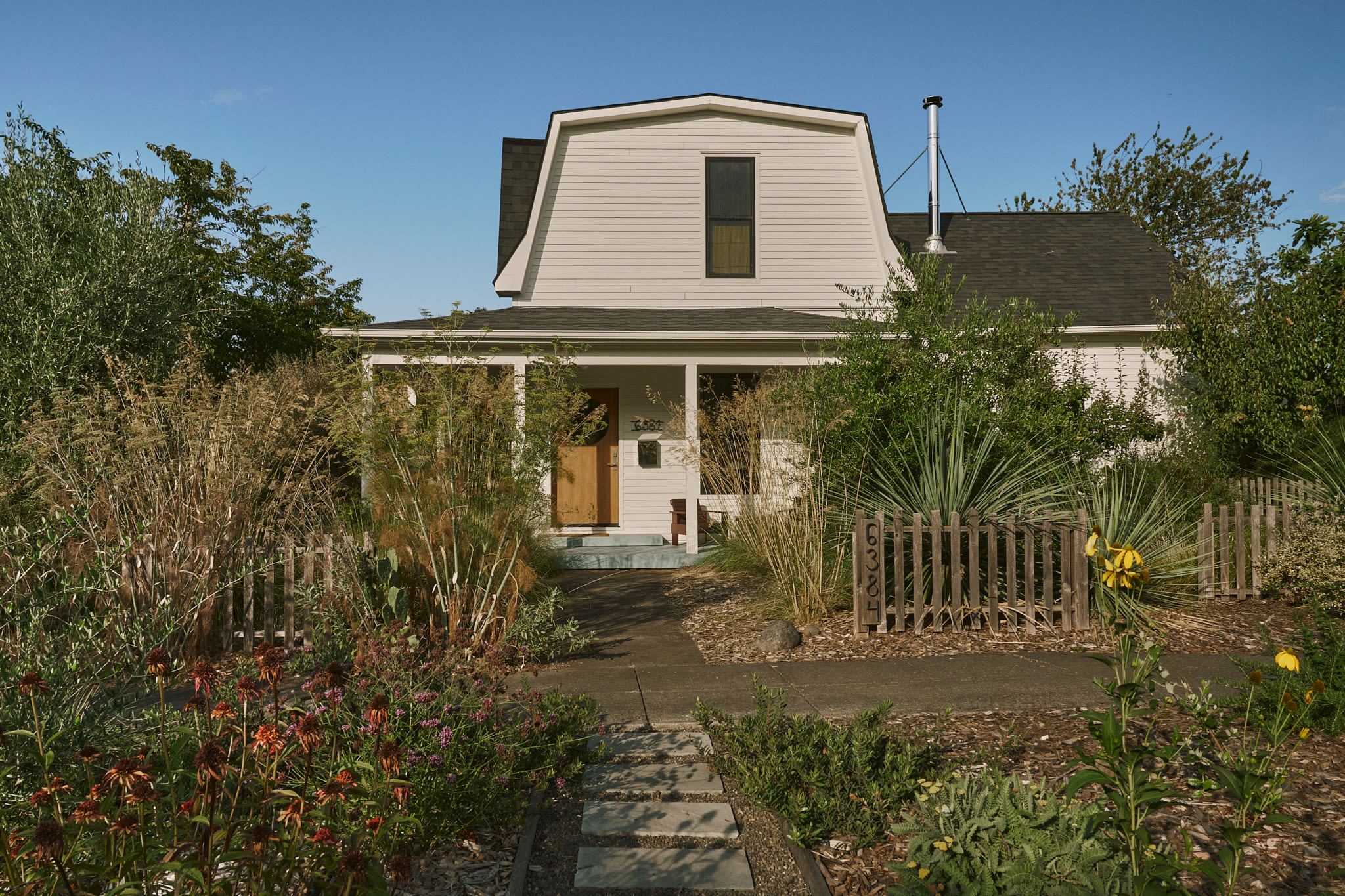Self-Storage Is Suddenly Everywhere in Portland. Here’s Why.

Image: Martin Gee
With its industrial-chic gray cladding and lime-green trim, the six-story structure on the corner of SE Seventh Avenue and Belmont Street—once the site of an auto-repair garage—could be mistaken for one of the chic, minimalist apartment buildings rising around town.
But there are no residents. Just rows of storage closets, filled to the brim with stuff.
The Portland area is one of the fastest-growing self-storage markets in the nation, with 16 new self-storage facilities erected in the past 18 months. Nine more are currently in the works. (In comparison, the city issued more than 6,000 permits for new living quarters in multiplexes from May 2018 through December 2019. )
Are all your minimalist, back-to-nature friends secret hoarders? Are Portlanders suddenly selling warehouses’ worth of tchotchkes on eBay? And why are they suddenly all clustered in traditionally commercial areas, instead of in industrial zones?
Start with Portland’s continued popularity—including its year-after-year population increase, estimated to have been at 1.2 percent or higher annually since 2010.
And all those new apartments popping up to house these new residents don’t have huge footprints, so anything beyond household basics has got to go somewhere. (Storage facilities are also a solid investment for developers, since inanimate tenants don’t squawk, and for some people storage is a set-it-and-forget-it situation. SpareFoot blogger Al Harris says the average length of stay in a storage unit is about 11 months.)
But it’s not all holiday decorations and seasonal sports gear. Storage tenants often include established artists, e-commerce merchants, and small-business owners who don’t want to take up valuable workshop or retail space with supplies.
“People should not spend money on retail space to store items that don’t generate revenue,” says Belmont Blanket founder Kerry Cotter. “Storage space is substantially less expensive.”
His company specializes in handmade, waterproof “adventure” blankets made from Pendleton wool and other heavy-duty fabrics, many of which Cotter stores in his 10-by-15-foot ExtraSpace unit, along with show-booth setup items like backdrops and mannequins.
“I see tons of other businesses doing the same,” Cotter says.
As for storage facilities’ sudden appearance in pedestrian-friendly commercial areas, blame the City of Portland’s 2035 Comprehensive Plan. The master plan includes a significant zoning change that reserved most so-called “prime” industrial zones, like NW St. Helens Road, for job-rich blue-collar industries like shipping and manufacturing.
After so much growth, the self-storage market in Portland could finally be headed for a slowdown in 2020.
“Portland has been on an informal list to watch for oversupply,” says Chris Sonne, a VP at a California-based commercial real estate research firm. “Vacancy has increased from 8 percent to 14 percent,” which has resulted in a slew of new deals for renters. (Sonne’s firm, Newmark Knight Frank, reports average monthly rental prices in the Portland metro as ranging from $60 for a non-climate-controlled 5-by-5-foot all the way up to $272 for a climate-controlled 10-by-20.)
In the meantime, maybe Portland needs to take a page from Netflix’s in-house professional anticlutter guru, Marie Kondo, author of The Life-Changing Magic of Tidying Up: “Discard first, store later.”




